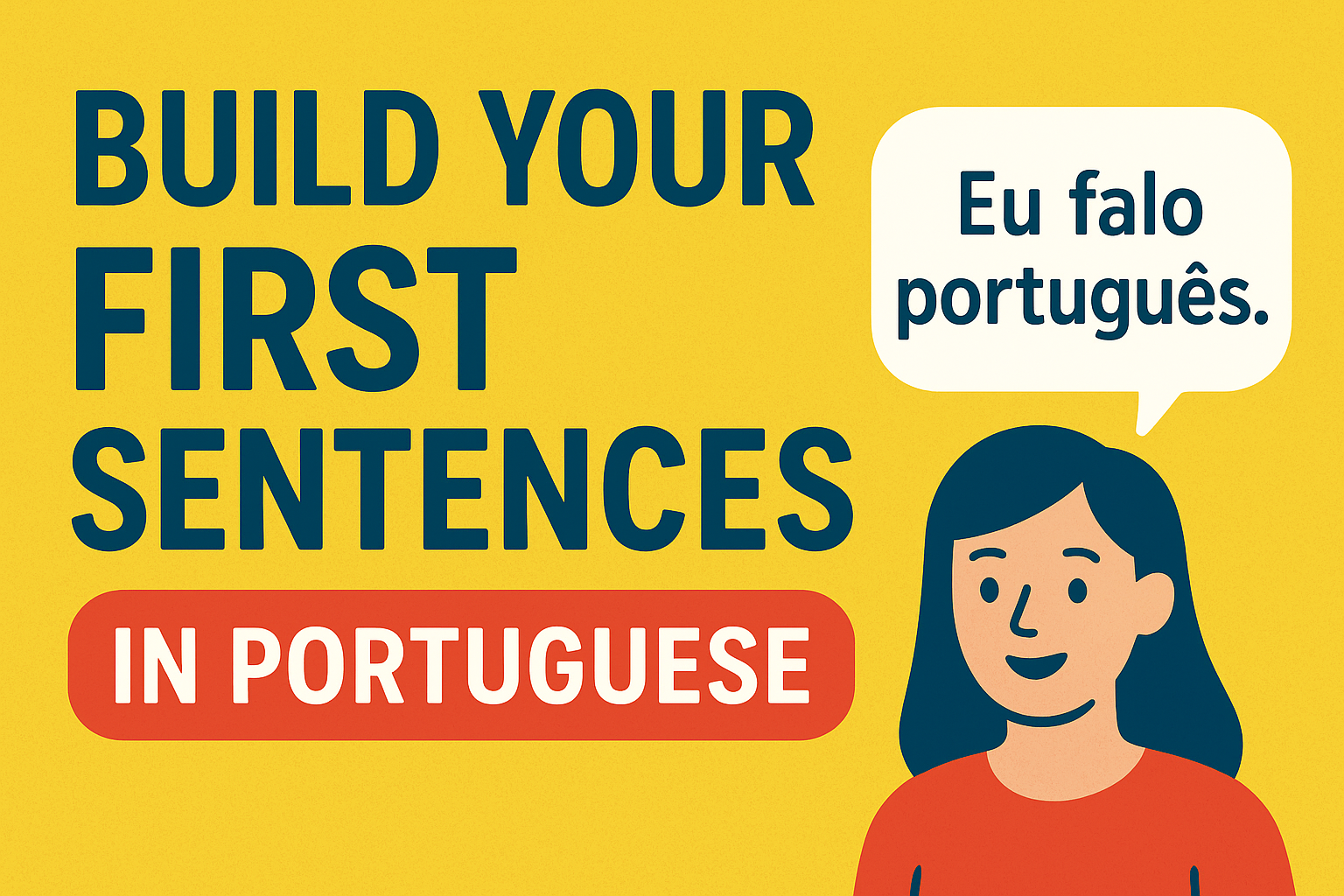
About Course
Build Your First Sentences in Portuguese” Through simple vocabulary, essential grammar, and interactive exercises, you will learn how to build natural sentences and communicate confidently in everyday situations.
By the end of the course, you will be able to:
Introduce yourself and others.
Ask and answer simple questions.
Use basic verbs in the present, past, and future.
Form positive, negative, and interrogative sentences.
Express simple ideas with clarity and confidence.
This course combines practical lessons, real-life dialogues, and guided practice so you can start speaking Portuguese naturally and effectively.
Course Content
Learn Portuguese in 5 Minutes With These Easy Steps
Cracking the Code of Spoken Brazilian Portuguese
Expressing the Future in Portuguese
How to Say I Just
How to Say I Want in Brazilian Portuguese
Student Ratings & Reviews

